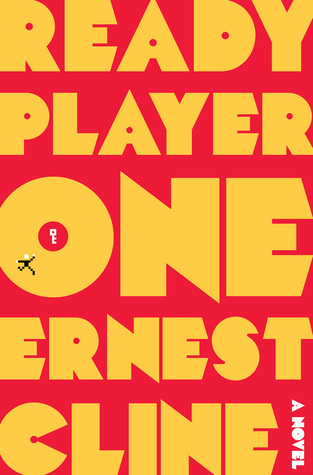
“He suddenly understood that THE MAN had made him sick.”
I watched a Stephen King interview once, in which he said that Cujo didn’t turn out the way he wanted. This is the Fourth Stephen King novel reviewed this year on literaturefiend and certainly isn’t one of the best.
There are a number of problems in this novel that constrict the reading experience. Cujo is written as one continuous narrative, which I don’t think worked well at all.
I think the film version of Cujo worked very well. I mean who can forget that image of the huge St Bernard Dog covered in blood!
The main part of the novel – and the best part – focuses on Donna and Tad Trenton (Mother and Son) who become trapped in their old Ford Pinto with Cujo waiting to rip them apart.
These sections of the novel made me feel on edge, and I felt their pain of being trapped in a small space with the unbearable heat from the sun beating down on them.
In fact all the sections of the narrative with Cujo were excellent: the build-up as he gets bitten by the rabid bat, the way Cujo battles to keep the rabies at bay; the fact that Cujo can’t understand why he is feeling so agitated and angry, all add to the compassion I felt towards the dog.
The subplots were very tedious. The world of Victor Trenton – who co-owns a advertising company – is boring as we’re told about their campaign for ‘Sharp cereals’ or something. This is the reason why Victor leaves his wife and child alone (to go on a business trip), so I can see this as a device from King to make the main plot more plausible but it just went on and on and on and on…
About halfway through I began to skim read the sections that didn’t relate to Cujo. I didn’t loose anything from adopting this method, but it really diluted the reading experience. If the subplots were shorter it would’ve made for a really enjoyable novella, rather than an overworked novel.
The way King portrayed the workings of Cujo’s mind is brilliant. As a reader it makes you feel sorry for Cujo, as he can no longer control the advancement of the rabies virus. King highlights this at the end of the novel when he writes:
“He [Cujo] had tried to do all the things his MAN and his WOMAN, and most of all his BOY, had asked or expected of him. He would have died for them, if that had been required. He had never wanted to kill anybody. He had been struck by something, possibly destiny, or fate, or only a degenerative nerve disease called rabies. Free will was not a factor” (p.420)
 In the ‘Iconic Terror’ editions by Hodder Press, King writes an introduction on each novel and there isn’t one about Cujo. This is the only novel King – a recovering alcohol and drug addict – can’t remember writing, and probably one from a period of his life he’d rather forget.
In the ‘Iconic Terror’ editions by Hodder Press, King writes an introduction on each novel and there isn’t one about Cujo. This is the only novel King – a recovering alcohol and drug addict – can’t remember writing, and probably one from a period of his life he’d rather forget.
That said, the novel is worth a read, if only for Cujo’s split personality (pre and post rabies) and the unexpected ending.
Section that Stayed
This section shows how powerful and dangerous Cujo is once the rabies has taken hold:
“With a speed and agility that was terrifying, the big dog changed direction and came at the car. The awkward stagger was gone now, as if it had been nothing but a sly act all along. It was roaring and bellowing rather than barking. Its red eyes burned. It struck the car with a hard, dull crunch and rebounded – with stunned eyes, Donna saw that the side of her door was actually bowed in a bit.” (p. 285)
What did you think of the novel? As always Literature Fiend would love to hear any discussions points, or suggestions for further reading. Please contact us, or leave a comment below, it would be great to hear from you.















